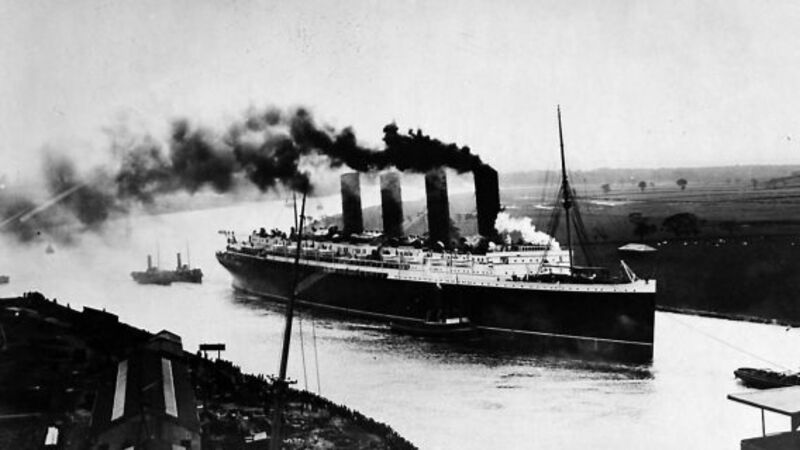Lusitania Centenary: Rescuers ignored submarine risks

The sinking of the Lusitania resulted in the loss of 1,198 lives. William Ball, skipper of a mackerel rugger out of Peel in the Isle of Man, was one of the first vessels on the scene.
He recalled the events of the day in a letter home to the vessel’s owner Charles Morrison.













